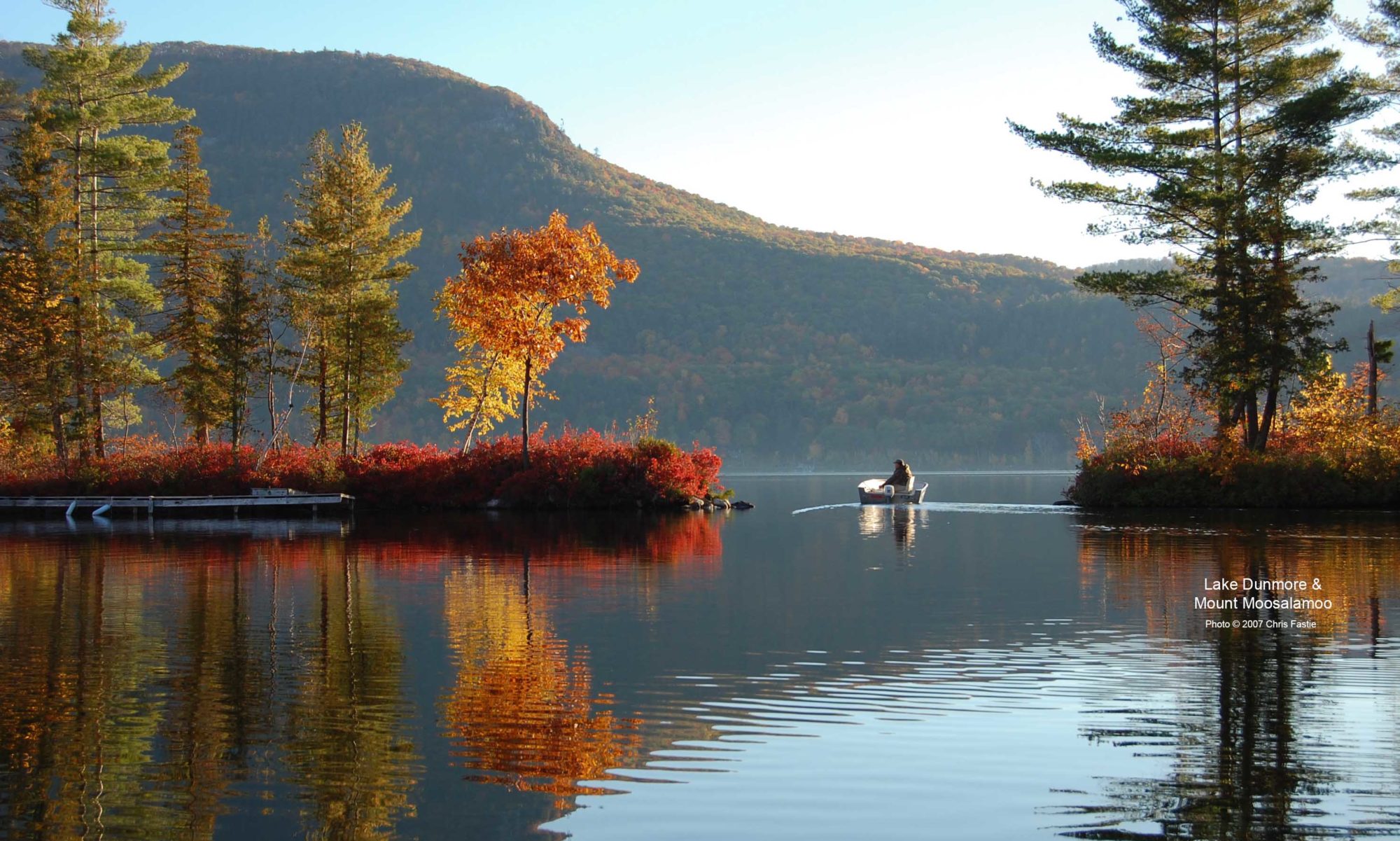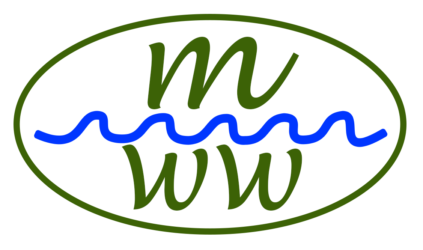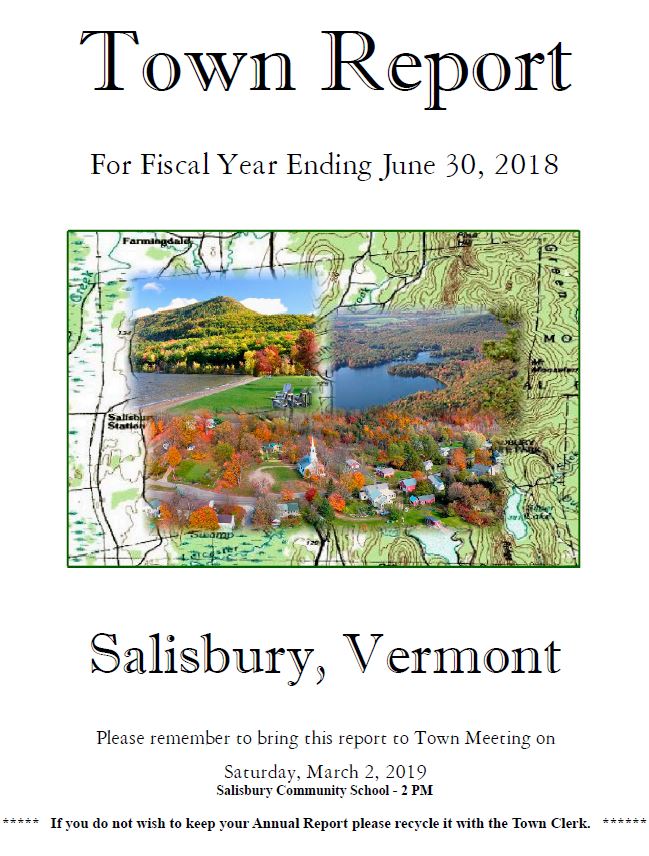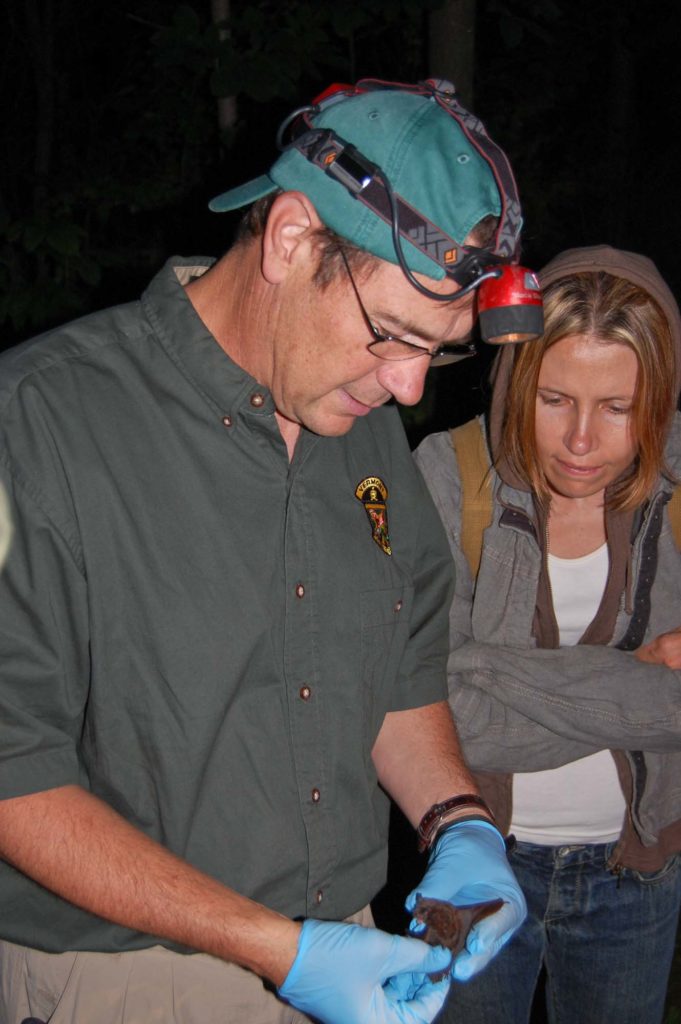BLSG has failed to do aerial application of bacterial larvicides
Aerial application of bacterial larvicide granules is the most effective and safe method of mosquito control. When mosquito larvae eat the naturally occurring bacteria, proteins formed by the bacteria kill the larvae. BLSG has failed in recent years to apply larvicides from the air throughout the District. BLSG has failed to do any aerial larvicide application in Salisbury for the last two years.
Again this year, there is not enough money in the budget to apply aerial larvicides in the spring throughout the District. The state is not supplying enough money to support adequate aerial treatment.
Without first treating the primary breeding grounds with larvicide, the subsequent chemical treatments cannot be considered part of an integrated pest management program which is a requirement of BLSG’s permit. Although some of the BLSG District was treated with larvicides from the ground last year, it was only a small portion of the 6000 treatable acres.
Continue reading “Why is BLSG mosquito control ineffective?”


